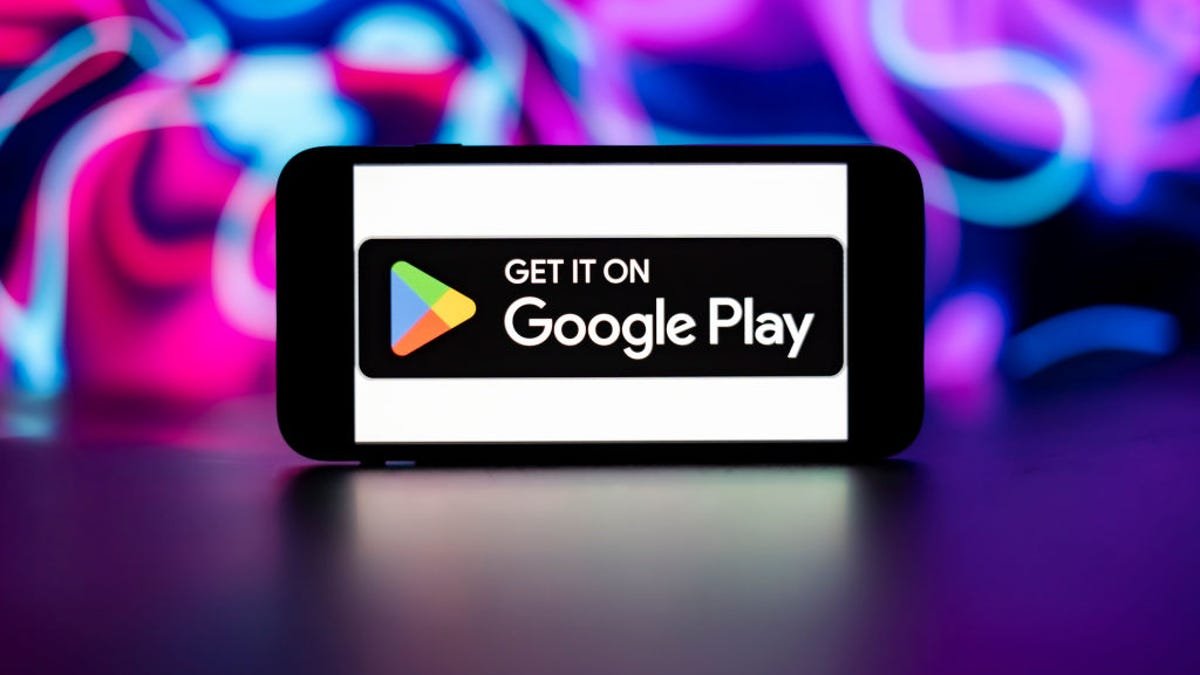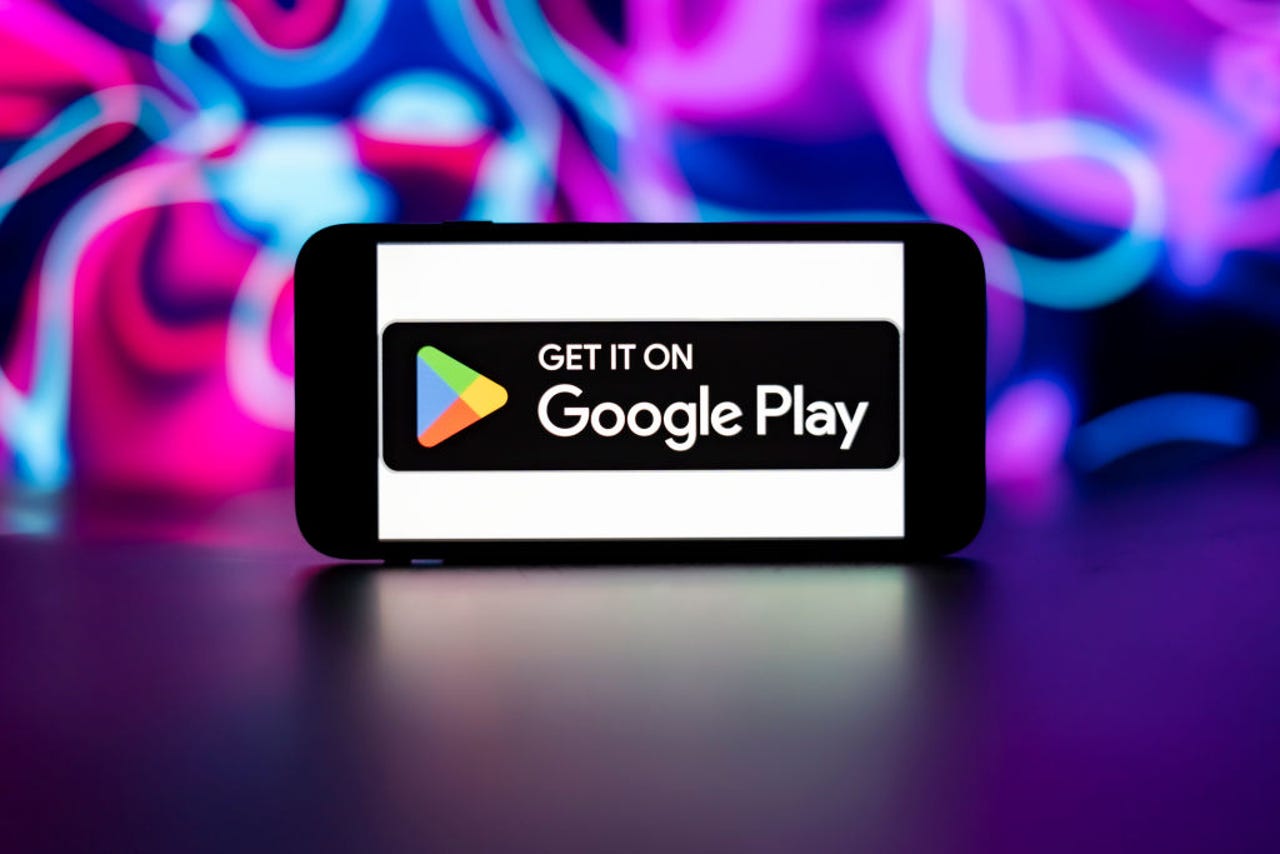Why Android users and developers are the big winners in Google's massive antitrust settlement


Android users and developers stand to benefit in several ways from Google’s $700 million settlement of a lawsuit filed by a coalition of US attorneys general over Play Store practices. Beyond finding it easier to download and manage apps from third-party stores and websites, eligible users may be able to grab their own small slice of the payout.
Initially filed in 2020 and then amended in 2021, the lawsuit charged Google with anti-competitive and monopolistic behavior over the Android app market. Specifically, the suit alleged that Google set up contracts to block other app stores from being preloaded on Android devices, overcharged consumers for making in-app payments, and created obstacles to deter people from sideloading apps to their devices.
Also: Google Play Store just unveiled a security badge for some apps
For most of the suit, the attorneys general worked with app developers Epic Games and Match, both of which were embroiled in their own legal battles with Google. Match settled the suit earlier this year, while Epic Games opted for a jury trial. Last week, that jury found that Google violated federal antitrust laws.
So just how will Android users and developers benefit from the settlement? Based on news releases from different state attorneys generals, Google will have to adhere to the following requirements:
- Allow users to pay developers for in-app purchases through billing systems other than Google Play for at least five years.
- Allow developers to offer lower prices for apps and in-app purchases that use non-Google billing systems for at least five years.
- Allow developers to steer users toward non-Google billing systems by advertising their cheaper prices within the apps for at least five years.
- Avoid contracts that require the Google Play Store to be the exclusive, pre-loaded app store on a device for at least five years.
- Allow the installation of third-party Android apps from outside Google Play for at least seven years.
- Revise and limit the warnings that pop up on an Android device if the owner tries to download a third-party app outside Google Play for at least five years.
- Support third-party Android app stores and automatic updates for four years.
- Not force developers to launch app catalogs on Google Play at the same time they launch them on other app stores for at least four years.
- Submit compliance reports to make sure that Google isn’t continuing its anticompetitive behavior for at least five years.
Also: The best Google Pixel phones (including the Pixel 8 Pro)
In its own blog post following the settlement, Google said it was disappointed that the verdict didn’t consider the choice and competition offered by the Android platform and that it plans to challenge that verdict. Still, the company tried to put a positive spin on the outcome.
Describing its plans, Google said that it recently added features in Android 14 to make third-party app stores work better and help them more easily update their apps. The company also said it will set up an alternative billing option alongside Google Play’s billing system for US users.
Further, developers will be able to show different pricing options within an app when a user makes a purchase. Google also promised to tweak the language that appears when users try to sideload an app even though the company believes that the practice still carries certain risks.
Also: These 11 new features are coming to your Android devices
But Android users may also be able to snag part of the payout.
As a result of the agreement, Google will pay $630 million in restitution, minus costs and fees, to consumers who made purchases on the Google Play Store between August 2016 and September 2023.
Eligible Android users should receive a notification about the settlement along with an automatic payment through PayPal or Venmo, or they can request payment via a check or ACH transfer. Each user will receive $2 or more depending on how much money they spent at Google Play during the specified months.